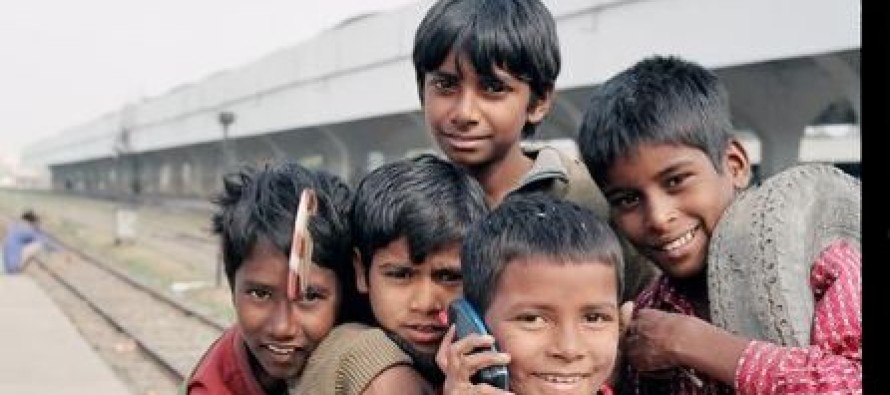Three lakh children living dangerously

Three lakh children, the worst affected by Cyclone Sidr, making up a half of the badly hit population, remain very susceptible to death from diarrhoea and cold related diseases if they do not receive immediate and appropriate assistance, said local Unicef chief Louis-Georges Arsenault yesterday.
In an exclusive interview with The Daily Star, he identified children, and pregnant and lactating women, as those who bear the greatest burden of natural disasters, needing the greatest assistance.
Arsenault also urged the government to be flexible with school students affected by the cyclone, so they do not lose a school year. He said it is also an opportunity for putting more money into schools and for building them better.
He said food aid and rehabilitation of education institutions should continue for at least six months.
Identifying the lack of access and the logistical challenge of providing relief on such a massive scale as critical challenges, Arsenault said it is imperative to provide supplementary food aid specifically for children and pregnant women.
"Food is not enough as a strategy of relief to alleviate the disease burden. If they are not fed micronutrients quickly and if they are not protected by vitamins and iron when diarrhoeal diseases come, they will die," he told The Daily Star.
He said it is ‘clear’ from well documented research that, "Rice and sugar won’t protect them from diarrhoea," especially in Bangladesh, as 47 percent of the children here are malnourished.
"They [children] also need supervision and they are more subject to chronic trauma in comparison to an adult. For children under the age of 5, if it is not treated quickly it can have a very damaging impact," he said.
The local Unicef chief explained that the fatalities from trauma, cold and diarrhoea can be minimized through providing better nutrition, better temporary shelters, and makeshift children friendly centres.
He said Unicef already provided substantial numbers of tarpaulins and plastic sheets to mitigate the effect of the upcoming winter and is building 100 children friendly centres to ease the affected children out of trauma.
Arsenault also said pregnant women are ten times more vulnerable to diseases in the post disaster scenario as they lack food, sanitation, shelters, and micronutrients.
He added, women and children also find it harder to access relief, and Unicef is working through NGOs to provide direct relief.
Education was also identified as one of the hardest hit sectors by Arsenault, as at least 6 lakh children have been affected.
He said "Our strategy is to provide a sense of normalcy," through building temporary schools, providing child friendly areas, and scale up the process with a great push to rehabilitation of damaged schools at the earliest."
Arsenault strongly suggested the government to be flexible about allowing students to advance to the next class as their final exams were disrupted by the cyclone, despite studying for the whole year.
But, he also said this is an opportunity to build better schools by improving the design of classes for providing a more conducive learning environment, and to put more money in for making the schools cyclone proof in order to make them sustainable. "It is a political choice that has to be made," Arsenault said.
News Source


